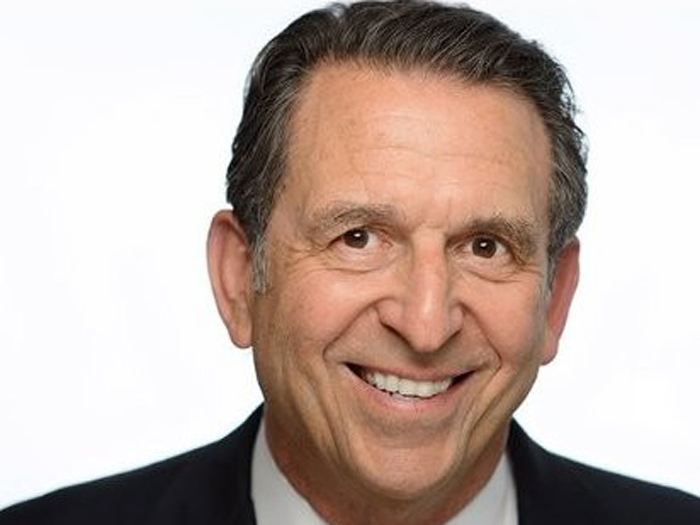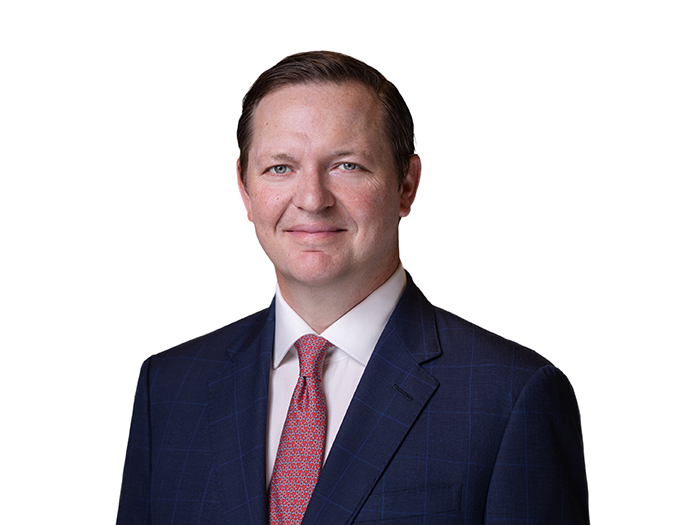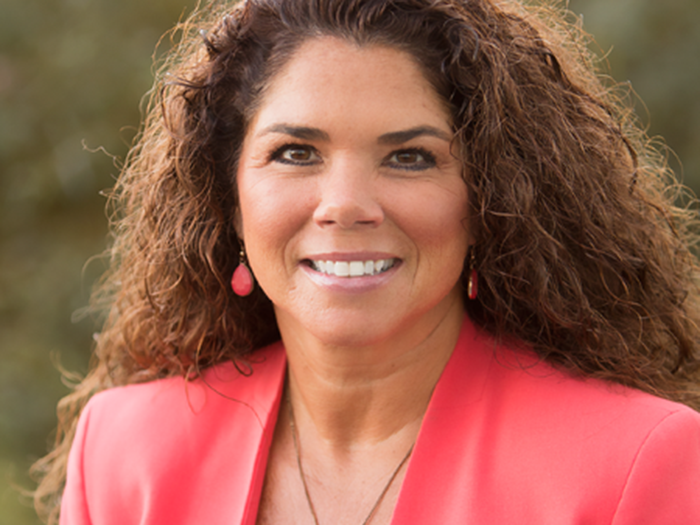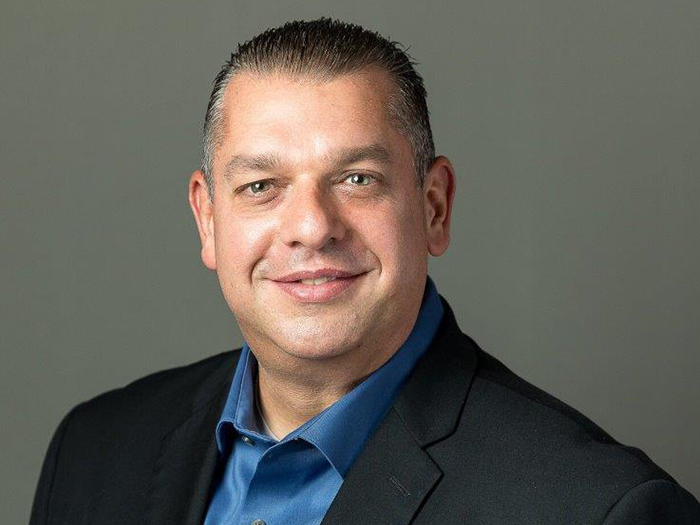Bowhead Specialty Founder Stephen Sills Shares His Journey in Insurance from Executive Risk, Chubb, Darwin and Beyond

Stephen Sills founded and now leads Bowhead Specialty, which came to life in July of 2020. He is the former chairman and CEO of CapSpecialty and Professional Risk Management Services. He founded Darwin Professional Underwriters in 2003 and served as its chairman, president and CEO until 2008.
Prior to Bowhead, he founded Executive Risk, where he served as chief underwriting officer and chief executive officer. In April, Risk & Insurance Editor- in-Chief Dan Reynolds caught up with Mr. Sills to discuss his latest venture. What follows is a transcript of that interview, edited for clarity and length.
Risk & Insurance: Stephen you’ve had an impressive career, having founded a number of successful companies. Can you take us back a bit and tell us about your background in more detail?
Stephen Sills:
My insurance career started as an aviation underwriter at Stewart Smith Aviation in New York City, and from there was invited by Joe Barrett, the Chief D&O Underwriter at Stewart Smith, one of the deans in the D&O business, to work with him on the D&O side. After many years of working with Mr. Barrett I had the opportunity to found Executive Risk and be its Chief Underwriting Officer.
Executive Risk was a joint venture between Aetna and various private equity groups.
After several years of growing the organization we expanded into Errors & Omissions and Medical Malpractice.
After a decade of building, the Aetna and private equity investors thought it was time to take the company public.
Which we did at $12.00 a share. We remained independent until purchased by the Chubb for approximately $70 a share. We had grown to over 600 employees, many of whom had never worked in insurance prior to joining us.
After being retired from Chubb for a few years, I approached Weston Hicks of Alleghany about starting a new company. I had known Weston from when he had followed Executive Risk while the number one insurance analyst in the country.
Our paths crossed again when he became the CFO of Chubb. We conceptualized a way to start a new professional liability company, that company ultimately became Darwin. We built Darwin for three years and then we took it public at $16 a share.
Two years after that, Allied World purchased Darwin for $32 a share. Subsequent to the merger I retired, again. A few years into retirement I received a call from Weston asking if I wanted to get involved in the turnaround of Capital Insurance. Over the next six years we rebranded the company (CapSpecialty), improved the expense ratio and increased the diversity of products and I subsequently retired from CAP Specialty in 2019.
After a year of retirement, I started speaking to Matt Botein, one of the co-founders of Gallatin Point. We agreed that the professional liability marketplace was in need of a new, very high quality entrant. We approached American Family and created Bowhead.
R&I: Just to pinpoint something, Stephen, when was Bowhead formed?
SS: It was started in July of 2020.
Some people have had to adapt to a virtual work environment; we were born in a virtual work environment.
We currently have approximately 80 employees. Prior to the end of social distancing, I had only met 10 of our people in person.
R&I: And in terms of product lines, we’re talking professional liability, E&O and a couple of casualty lines. Is that correct?
SS: We have three major verticals, professional liability — which includes directors & officers liability and errors & omissions; casualty and health care — which includes hospital professional liability, managed care D&O/E&O, long term care; and miscellaneous medical.
R&I: There’s so much press and comment about the primary markets. We look at D&O for example, and it’s difficult. You hear a lot of talk about pricing and availability. Could you speak to us, and as specifically as you’re comfortable doing so, how that’s impacted your business as a specialty underwriter?
SS: On the day we opened our doors [November 1, 2020], we only had the ability to write on a surplus lines basis.
At that time, we were needed the most for excess business. In order to write primary, it was necessary to have admitted forms in 50 states — a time consuming process. We have subsequently created our primary policies and have filed them around the country.
The marketplace is more restrictive as respects coverage and pricing options.
We feel that by positioning ourselves in excess, particularly down low, we are well-positioned to then step in and become primary when needed.
R&I: And has that been going pretty well, in your view, that strategy?
SS: As expected, people have wanted to do business with us. American Family is unquestioned security.
It is a solid Midwest mutual company, an extraordinarily good company to work with. They are a real pleasure. They move as quickly as any company I’ve ever been associated with.
R&I: It sounds like things are going well. Could you characterize for us your talent acquisition pace?
SS: We have been very active in our talent acquisition. There have been very few people we wanted to bring on that we haven’t been able to bring on. As we’ve built out different segments, we’ve been able to hire great leaders.
Candidates have been attracted to the culture of our organization.
We do not want people to be bogged down in bureaucracy. We try to make decisions quickly. It might be yes, might be no, but the decision will be made quickly. The word of mouth is out there, we’ve hired good people, and that feeds on itself. When you bring one good person on and that person is well respected, others reach out to join the team.
R&I: It occurred to me, you have such an interesting background. You’ve been involved in startups and different enterprises and stepped back a few times. I was going to ask you, on a personal level, what’s energizing about this for you?
SS: I really enjoy the strategy and the operationalizing of the strategy and helping people become better than they ever thought they could be.
A lot of people from the time they’re growing up are told, “If I want your opinion, I’ll ask for it,” or “Don’t speak till you’re spoken to,” and things like that.
There’s a lot of people who are very talented, who, if you can unlock it, can be incredible assets to an organization.
People want to be able to practice their underwriting trade as opposed to being a cog in a wheel or just being told what to do.
So everybody’s got a seat at the table, everybody provides input into what’s going on. We make a decision, we break the huddle, and then we operationalize it.
R&I: I love that philosophy, giving people room to be themselves and to grow. It’s a great way to treat people. Technology’s always going to come up, Stephen, and I was thinking about, you’ve got the American Family backup. What is your technology infrastructure like, having just started in July 2020?
SS: The beauty of a start-up is that it can have the latest technology. This is not being built on any American Family technology, although they have good technology. We give them a data feed of what we have, but we’re able to design and implement the latest technology that’s best for the specialty business.
Now, we don’t have the money to burn like some Insurtechs, but we’re not in their segment either. We’ve got what I think are best-in-class vendors to do what we want, be able to build things so that they’re able to interact with the latest APIs.
Lemonade could burn through hundreds of millions of dollars till it maybe gets its algorithms right to write the kind of business it wants to write.
We don’t have that luxury. We’re doing more, at least at this point in time, with moderate and larger-sized risks.
I view the underwriting as belonging in two segments, craft and flow.
Craft is when you have a skilled underwriter pouring over whatever data is available to understand the risk and the volatility of the account. It’s very time consuming and requires a lot of training and frequently involves a lot of collaboration with fellow underwriters. We call the process, Roundtabling a Risk.
The roundtable is a very important part of our underwriting culture.
Just about every underwriter who’s joined us starts out with less underwriting authority than they had at their previous place of employment. We talk about submissions in order to get all underwriters on the same page for the way we evaluate exposures.
This process will be particularly helpful once we start getting back together and training the next generation of underwriters.
Then there’s the flow business, which is more algorithmic with less independent judgment on any given account.
R&I: Health care is a very interesting world to be an underwriter. You’ve got D&O. If you look at your book, where are you seeing the greatest need from your insurers? Is it long-term care, is it whatever, middle market D&O?
SS: Long-term care has been one of the more difficult classes. It remains to be seen if the marketplace is properly differentiating between good risks and poor risks.
Clearly there is a difference.
For poor risks, the business model is somewhat broken in that you have the sickest members of society frequently cared for by the lowest wage, most unskilled people. So you got to wonder in that situation, is it an invitation to a lawsuit?
Also, one of the more difficult risks today are the SPACs and de-SPACs.
I worry that many in the industry have gone all in on a lot of these deals because the premiums are really, really large. But it’s uncertain whether putting out limits on all of these risks will turn out to be good underwriting decisions.
R&I: How do you view our state-by-state regulation and how it impacts your business, and if you were the czar of regulation, what would you do to improve things?
SS: State-by-state regulation certainly works but certain states are more streamlined to do business than others.
R&I: Stephen, was there anything you wanted to express that was top of mind for you, that we didn’t ask you about?
SS: No, thank you. &










